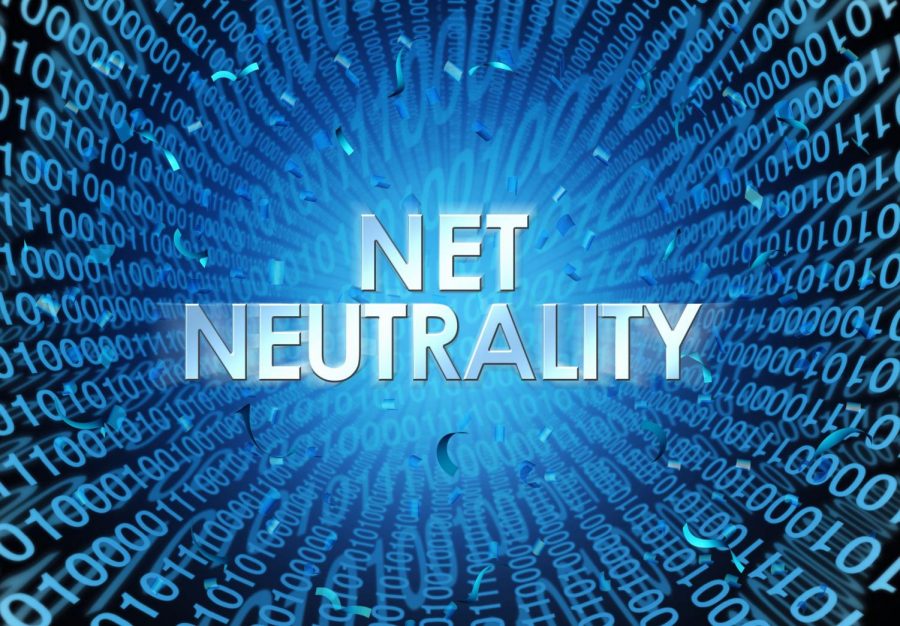Net Neutrality Matters More Than You Think
January 29, 2018
Imagine if you had to pay extra money to stream YouTube videos off of your Wi-Fi.
What if you had to buy separate packages of data for using the Facebook app and the messenger app? What if email and music came in separate packages and you had to buy them at $5 each?
Seems like a terrible situation to be in.
This is a reality in Portugal.
With no net neutrality regulations in place, Portugal’s internet service providers, or ISPs, have split the net into packages.
The consumers there have no option but to buy these packages separately at a net cost higher than the internet we are used to.
But that’s not going to happen to us, right? The short answer is: Not really.
In 2015, under the Obama Administration, the Federal Communications Commission, or FCC, passed the Open Internet Order, which started classifying ISPs as common carriers.
This order put them under more rigorous regulation.
The kind of regulations put in place banned ISPs from throttling internet speed for certain websites, blocking content or promoting certain websites by redirecting individuals.
On Dec. 14, 2017, the FCC chose to end Obama-era net neutrality regulations.
The repeal of the Open Internet Order means that the ISPs will be reclassified under Title I.
FCC chairman, Ajit Pai, calls the switch back to Title I, “light-touch regulation.”
This repeal not only gets rid of stricter Title II regulations, but also requires less reporting by the ISPs.
The FCC has proposed a new transparency requirement for ISPs to disclose slowing down or speeding up specific data or traffic sites.
Net neutrality is important and preserves the open and free internet we all love.
It prevents the death of small startups by not letting ISPs prioritize content.
It prevents ISPs from packaging the internet and keeps the web free.
Net neutrality is important, but it isn’t the only way to have a free and open internet.
However, in our country’s case, it is a pretty big deal because of limited competition between broadband providers.
A recent FCC study shows that about 46.1 million households in the U.S. are in areas with only one high speed internet provider.
Plus, the broadband business is controlled by only a few notable companies, creating a virtual monopoly.
Other countries use “Local Loop Unbundling.”
This requires big telecom companies to sell the “last mile” also referred to as the “local loop” of their infrastructure to other internet service providers.
This creates competition by opening up the networks to smaller and newer telecoms, which drives down prices.
It also gives incentive to ISPs to follow net neutrality laws, because consumers now have the freedom of choice.
Net neutrality regulations are important to the authenticity of internet freedom.
However, the robust competition helps ensure that the internet remains in the best shape fit for consumers.
The recent repeal of Title II net neutrality regulations reduces the government’s knowledge of ISPs’ actions.
We may not see anything like Portugal’s packaged internet just yet, because the FCC still has some regulations in place.
One of the best ways to resolve this issue would be to educate everyone on the issue to help keep the net neutrality regulations in proper shape.













